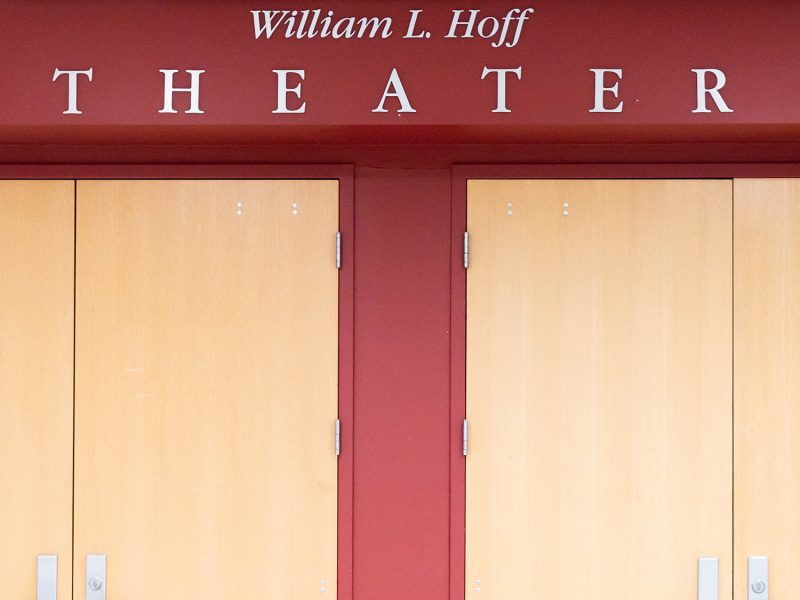On Oct. 26, Milo Yiannopoulos, Donald Trump supporter and technology editor for Breitbart News, was scheduled to speak on the University of Maryland campus at a Terps for Trump event that was eventually canceled due to security costs. Yiannopoulos is known for his controversial and offensive comments that range from calling actress Leslie Jones “a black dude” to insisting that “feminism is cancer” and questioning “the mythical gender gap.” Many of Yiannopoulos’ events have been protested and some canceled because of his inflammatory rhetoric. Preceding the cancellation of the event at this university, a student petition circulated on the campus.
Although this is an extreme case, there have been numerous incidents on college campuses when events have been protested or canceled because the speaker had an opposing or unpopular viewpoint. For instance, after protests from faculty and staff due to her involvement in the Iraq War, Condoleezza Rice rescinded her invitation to speak at Rutgers University. These incidents illustrate a broader issue over whether free speech is being threatened on college campuses.
In academia, there is a debate about whether microaggressions and trigger warnings are violations of free speech. Microaggressions are seemingly innocent words, phrases or statements that are deemed to be harmful or offensive toward marginalized groups or those who have experienced traumatic events. Some examples include, “Everyone can succeed in this society, if they work hard enough,” “Where are you from or where were you born?” and “When I look at you, I don’t see color.” Trigger warnings are statements that warn of possibly distressing content. For instance, there was a request by students at Rutgers University to issue a trigger warning for students reading The Great Gatsby due to descriptions of domestic violence.
Certainly, it is important to be empathetic to historically marginalized groups or students who have experienced traumatic events such as sexual assault. However, who determines what content or language is or is not distressing? Issuing a trigger warning for The Great Gatsby is effectively declaring that F. Scott Fitzgerald’s classic piece of literature has distressing content. If a classic piece of literature such as The Great Gatsby contains potentially offensive content, then that would mean trigger warnings should be given before reading classics in African-American literature such as Richard Wright’s Native Son or Ralph Ellison’s The Invisible Man. Should trigger warnings also be given before students read Frederick Douglass’ slave narrative or historical documents that detail lynchings and black experiences under Jim Crow?
Issuing trigger warnings assumes that students are not mature enough to discuss potentially distressing issues such as the historical oppression of African-Americans. But while it may be difficult to discuss past and current problems facing African-Americans, it is crucial that students learn to engage in these issues through discourse.
By engaging in different and opposing perspectives, students learn to argue and defend their positions, and most importantly, they learn to develop empathy from exposure to different experiences. Listening to black students’ experiences with law enforcement could help their peers understand structural racism. By engaging in open dialogue across the political spectrum, students may debate various proposals aimed at improving inequality among the black community. This process could be challenging and uncomfortable, but intellectual development requires exposure to new, painful and sometimes controversial ideas.
Free speech must be encouraged and preserved at college campuses because academic institutions must remain bastions of free expression, open discourse and inquiry. Yiannopoulos’ rhetoric may be deplorable, but it is his constitutional right to speak freely. In the future, if Yiannopoulos is scheduled to speak on the campus, students should counter his bigotry by peacefully protesting the event. Furthermore, they should remember that the same First Amendment that enables them to protest the canceling of Yiannopoulos’ lecture also allows him to freely express his views.
Leslie McNamara is a public policy graduate student specializing in health policy. She can be reached at lamcnamar@gmail.com.



